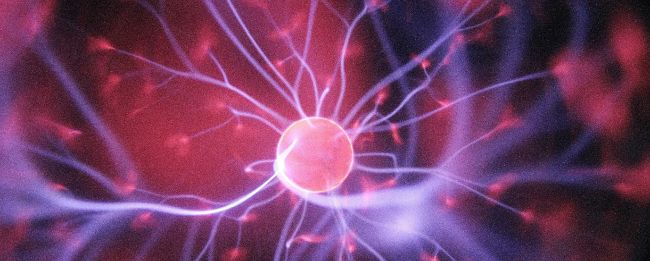Science and wisdom
The Very Rev Dr James Simpson explains why scientific facts are not the only facts.

Photo: Unsplash
THOUGH the best cartoonists think in fun, they often feel in earnest. James Thurber once depicted a man sitting by himself at a party with his head resting on his fist.
A guest at the party, pointing to this solitary brooder, was heard to say: “He does not know anything but scientific facts.” Now there is no doubt that scientific facts have been responsible for countless technological and medical advances, and a tremendous growth in human understanding. Scientific facts are so numerous, and often so beneficial, that many have come to believe that science is the final test of all truth, that it is the lens through which everything should be viewed. Having latched on to this one way of knowing facts, some claim it is the only way. But as Donald Lowrie reminds us in one of his poems, scientific facts are not the only path to knowledge and truth.
The most real things we know are all unreal The firmest truest, all intangible Can you weigh mother love as on a scale Or with a metre measure loyalty? Can you hold solid justice in your hand, or with your fingers grasp integrity?
Science does not hold a monopoly of knowledge and truth. Though I cannot prove it, I know that majestic sunsets, heather and snow clad mountains and rose gardens, are things of beauty. They are for me facts of life. Though I cannot write an equation for the love I feel for my wife and my family, or prove their love for me, as I might prove a scientific theory, yet the love that binds us, is as real to me as any other fact I know. Though scientists can tell us the chemical composition of the pigments of a painting, yet when we come to the all-important question: “Is this a work of art?”, their laboratory tools are useless. Think of a crew of a lifeboat risking their lives on a stormy night to rescue stranded sailors. Surely we would not say: “The lifeboat and the huge waves are real, but there is no way of knowing whether the crew’s incredible courage was real.”
There are many facts of life and large areas of reality where truth is dependent on other ways of knowing. Pascal, the distinguished 17th century scientist and philosopher said: “The heart has its reasons, which reason knows nothing of.” There is much more to wisdom than scientific knowledge. Wisdom I believe is a matter of the heart, mind and soul all pulling together. Many of life’s deepest truths are to be found not in scientific equations but in human relations. Though many aspects of my life and many of the convictions I hold dear are not amenable to the sort of proof a laboratory furnishes, they are not illusions. Forgiving is better than hating, sharing is better than hoarding, self-effacement is better than self advertising, wanting to serve the world is better than wanting to conquer the world. If these assurances were removed from my life, it would be greatly impoverished. It was a scientist Dr Alexis Carrel, not a preacher, who said: “The pure intellectual is an incomplete human being.” Human experience is another way of knowing.
The distinguished scientist Sir John Polkinghorne, a former Nobel prize winner, said: “Suppose you ask a scientist as a scientist to tell you all he or she can know about music. He or she might say, ‘It is the impact of neuron vibrations in the air hitting the eardrum.’ Though that is true, it tells us little that we want to know about the mystery of great music.” Then Sir John added: “Science sometimes trolls experience with a very coarse grained net. The fact that these vibrations are somehow able to speak to us of a timeless beauty, is a very true and striking thing.”
Even though St Paul could not prove his claim that ‘caring love’ is the greatest virtue I am sure what he wrote is as much a fact of life as anything I ever learned during my science studies at university.